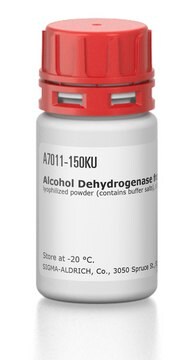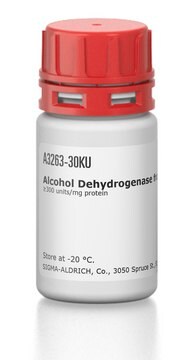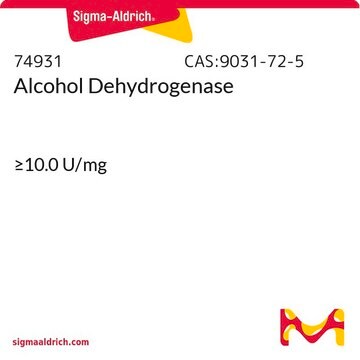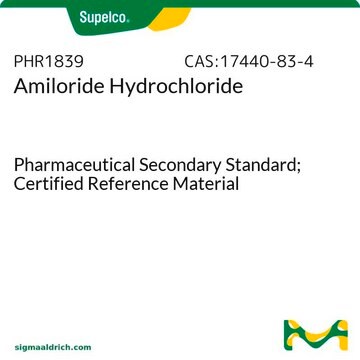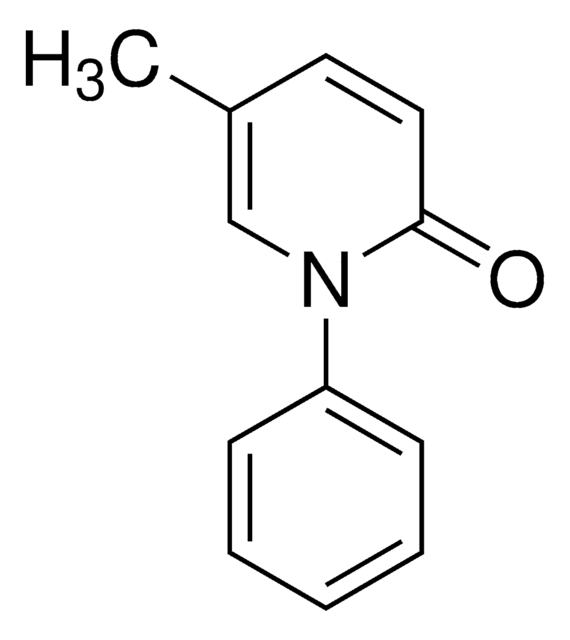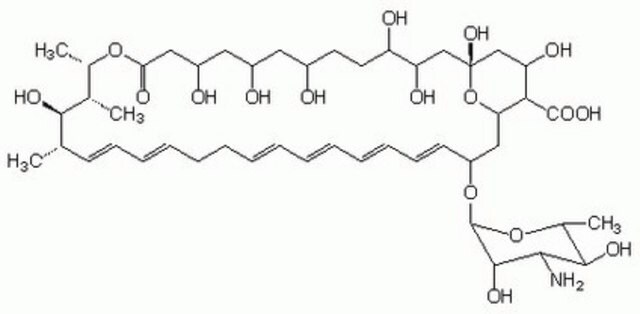A5585
5-(N-Methyl-N-isobutyl)amiloride
≥98% (TLC), powder
Synonym(s):
MIA
About This Item
Recommended Products
Quality Level
Assay
≥98% (TLC)
form
powder
mp
200-201 °C
solubility
methanol: 9.80-10.20 mg/mL, clear, pale yellow to yellow
storage temp.
2-8°C
SMILES string
CC(C)CN(C)c1nc(N)c(nc1Cl)C(=O)NC(N)=N
InChI
1S/C11H18ClN7O/c1-5(2)4-19(3)9-7(12)16-6(8(13)17-9)10(20)18-11(14)15/h5H,4H2,1-3H3,(H2,13,17)(H4,14,15,18,20)
InChI key
RVIUMPLAOXSSGN-UHFFFAOYSA-N
Gene Information
human ... SCNN1A(6337) , SCNN1B(6338) , SCNN1D(6339) , SCNN1G(6340)
mouse ... Scnn1a(20276) , Scnn1b(20277) , Scnn1d(140501) , Scnn1g(20278)
rat ... Scnn1a(25122) , Scnn1b(24767) , Scnn1g(24768)
Looking for similar products? Visit Product Comparison Guide
Application
Biochem/physiol Actions
Signal Word
Warning
Hazard Statements
Precautionary Statements
Hazard Classifications
Eye Irrit. 2 - Skin Irrit. 2 - STOT SE 3
Target Organs
Respiratory system
Storage Class Code
11 - Combustible Solids
WGK
WGK 3
Flash Point(F)
Not applicable
Flash Point(C)
Not applicable
Personal Protective Equipment
Choose from one of the most recent versions:
Already Own This Product?
Find documentation for the products that you have recently purchased in the Document Library.
Customers Also Viewed
Our team of scientists has experience in all areas of research including Life Science, Material Science, Chemical Synthesis, Chromatography, Analytical and many others.
Contact Technical Service